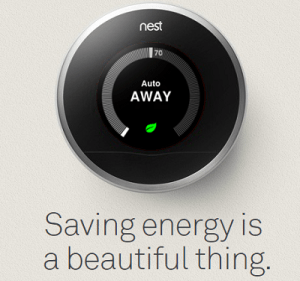
Maintaining a comfortable and well-regulated home environment is a priority for every homeowner. When your HVAC (Heating, Ventilation, and Air Conditioning) system encounters issues, it can be a source of stress and discomfort. However, before calling a professional technician, there are several troubleshooting steps you can take. These tips can help you identify minor problems and potentially save you time and money. Here are five essential HVAC troubleshooting tips that every homeowner should know:
**1. Check the Thermostat:**
The first step in HVAC troubleshooting is often the simplest. Ensure that your thermostat is set to the appropriate temperature and mode. Sometimes, a malfunctioning thermostat can lead to perceived HVAC issues. If your thermostat uses batteries, check and replace them if necessary. Additionally, consider giving the thermostat a thorough cleaning, as dust and dirt can affect its performance.
**2. Inspect the Air Filters:**
Clogged or dirty air filters can significantly impact your HVAC system’s efficiency. They restrict airflow, making your system work harder to circulate air. This can lead to reduced performance and higher energy bills. Regularly inspect and replace air filters every one to three months, or as recommended by the manufacturer. This simple step can greatly improve indoor air quality and prevent strain on your HVAC system.
**3. Check for Blocked Vents and Registers:**
Obstructed vents and registers can disrupt the airflow in your home. Ensure that none are blocked by furniture, curtains, or other objects. Restricted airflow can lead to uneven heating or cooling throughout your living space. By keeping these areas clear, you allow your HVAC system to distribute air more effectively, maintaining a comfortable environment.
**4. Examine the Circuit Breaker:**
A tripped circuit breaker can cause your HVAC system to shut down. Locate the circuit breaker panel and check for any switches that have tripped to the off position. If you find one related to the HVAC system, reset it. However, if the breaker continues to trip, it may indicate a more significant electrical issue, requiring professional attention.
**5. Clean Around the Outdoor Unit:**
If you have a central air conditioning system, it’s crucial to keep the outdoor unit clear of debris. Leaves, branches, and other debris can accumulate around the unit, obstructing airflow and reducing efficiency. Regularly clean the area surrounding the outdoor unit and ensure there are no obstructions within a two-foot radius.
While these troubleshooting tips can help address minor HVAC issues, it’s important to remember that more complex problems may require professional expertise. If you encounter persistent or serious issues, it’s best to consult a licensed HVAC technician. Regular professional maintenance is also crucial for ensuring the longevity and efficiency of your HVAC system. By combining your own efforts with professional care, you can keep your home comfortable and your HVAC system in optimal condition.